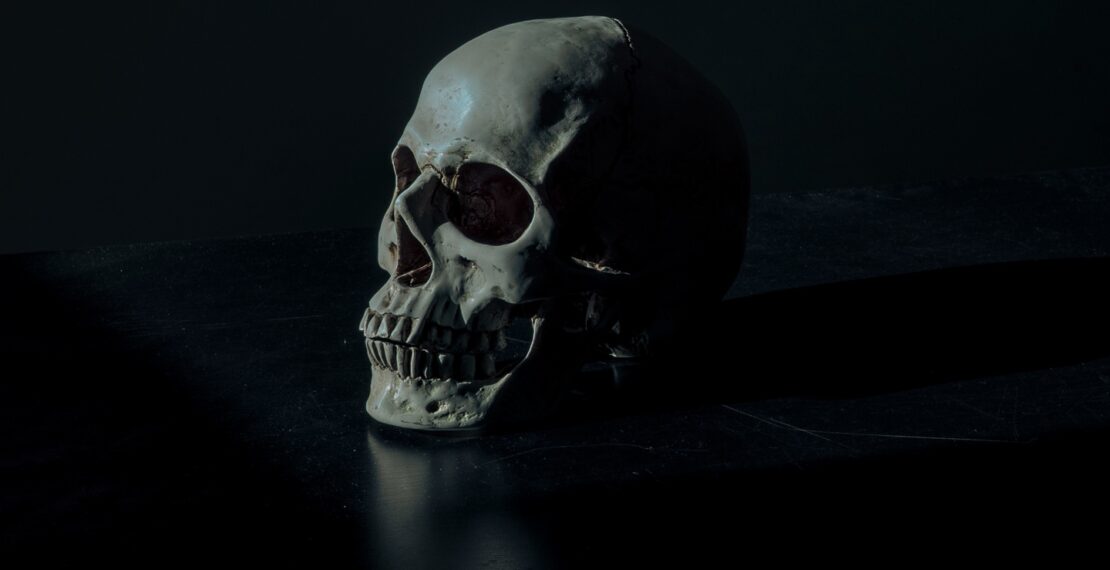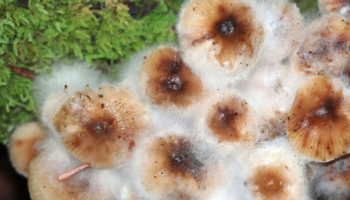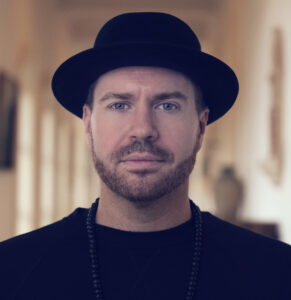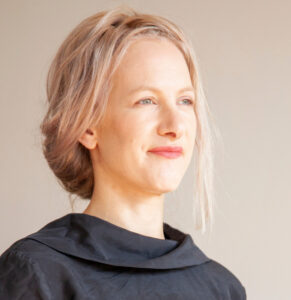Death is something we all have in common. Although we all think about death to different degrees and for different reasons, it’s something that ties us together. We can all empathize with a fear of death, even if most of us have not faced it as starkly as others.
People suffering from life-threatening diseases have perhaps the most traumatic relationship with death. Knowing you have only months or weeks to live produces an existential crisis of enormous intensity. In many patients, this means anxiety and depression, making the last part of their lives super distressing.
Recently, psychiatrists and therapists have turned to the classic psychedelic psilocybin—the psychotropic compound in magic mushrooms—as a potential salve for end-of-life anxiety. Psychiatrists have known for half a century that classic psychedelics often provide a new perspective on life, as a result of the peak/mystical experience.
In fact, early studies from the 60s and 70s suggested that psychedelics could reduce end-of-life anxiety, and help terminal cancer patients come to terms with their death.
Listen to our podcast episode with Gay Dillingham talking about: Can Psychedelics Help Us Accept Death? or Click here to read the transcript
PAVING THE WAY FOR PSYCHEDELIC PSYCHOTHERAPY
Now, researchers are revisiting the use of psychedelics in psychotherapy. A 2011 pilot study recruited 12 terminal cancer patients with anxiety or stress disorders and gave them two six-hour therapy sessions.
During one session, they were given a low dose of pure psilocybin (0.2mg/kg), in another an inactive placebo, two weeks apart. Before and after these sessions they were tested on several scales of depression, anxiety, and stress. Compared to the placebo sessions, the therapy sessions with psilocybin reduced patient’s anxiety and depression scores, although the differences were not statistically significant.
Six months later, after both therapy sessions, depression and anxiety scores were significantly reduced. Although this isn’t directly attributed to the ingestion of psilocybin (it’s possible the therapy alone resulted in these long-term improvements), the initial reductions in anxiety scores psilocybin produced suggest that it had an important role.
This study (and another similar study using LSD) has prompted more interest in using psychedelics to treat end-of-life anxiety. Very recently, two large studies have been released that support psilocybin’s effectiveness in reducing depression associated with terminal illness.
“Therapy sessions with psilocybin reduced terminal cancer patient’s anxiety and depression scores.”
To support your wellness journey, we’ve curated, verified, and vetted trusted psychedelic therapists in our provider directory; maybe you can find the right one for you.
NEW RESEARCH INTO END OF LIFE THERAPY
The first new study, by Stephen Ross and colleagues in New York, recruited 29 people with cancer that was causing them anxiety and depression. Half the participants were given a moderate dose of psilocybin (0.3mg/kg), and the other half were given an active placebo (niacin). All the participants then attended an eight-hour long session of psychotherapy by two clinical therapists.
One day after the session, participants who had received psilocybin had significant reductions in anxiety and depression scores compared to the active placebo group. This positive change in the participant’s mental state was maintained for 26 weeks following the therapy session. In addition to the clinically significant changes, psilocybin produced feelings of spirituality, well-being, and satisfaction.
The second study, by Roland Griffiths and colleagues in Baltimore, involved 51 cancer patients with clinical anxiety or depression. The participants were split into two groups, and all were given psilocybin in a calm environment with two trained support monitors present. One group was given a low dose of psilocybin (3mg) and the other was given a high dose (30mg).
Five weeks after the experience, the participants in the high-dose group had significantly reduced depression and anxiety scores, and these positive effects lasted for at least six months following the session. Participants reported the experience as being extremely meaningful, spiritual, and improving their feeling of wellbeing.
Neither study reported any harm associated with psychedelics when administered in a controlled, therapeutic environment. The results are incredibly promising, considering these studies are with reasonably sized groups and show clinically significant benefits. In fact, the effects of psilocybin on depression appear to be much greater than typical antidepressants.
WHAT DOES THIS NEW RESEARCH MEAN?
Many of us know someone who is suffering from a severe illness. And it’s likely that most of those people are experiencing distress or anxiety at the thought of leaving their loved ones behind. Maybe they’re being given antidepressants by their doctor – but these are most often SSRIs, which are only moderately effective, require frequent doses, and produce horrible side effects. Typical antidepressants also don’t address the problem as a personal issue. They treat end-of-life anxiety as a chemical imbalance and don’t take into account the sufferer’s personal and spiritual issues.
Psychedelics appear to out-perform pharmaceutical drugs like SSRIs. Single doses of psilocybin showed a greater improvement in depression scores than seen with typical antidepressants, lasting for months. Perhaps more importantly, patients often reported that they had experienced life-changing and meaningful spiritual experiences. They saw the root of their anxiety, and it enabled them to come to terms with death.
This is a profound finding. Taken in the right setting, with the right support, psychedelics could help all of us come to terms with our own mortality. They could help us learn to accept our fate and live more fulfilling lives. Especially for those suffering from terrible illness, this could be a beautiful gift.
If anyone in our society deserves all possible care and comfort, it’s people suffering from a life-threatening disease. It seems deeply wrong to withhold potential palliative care from them, especially as we can all empathize with a fear of death. We should always be searching for ways to alleviate that fear wherever possible – and psychedelics could be part of the solution.
Listen to Rachel Harris, PhD, tell us about how ayahuasca cured her fear of death
For an excellent piece on psychedelics used for end-of-life treatment, read ‘The Trip Treatment’ by Michael Pollan, an article in the New Yorker.
Important Note: This is a constantly evolving document. If you believe we missed something of importance, please let us know via our contact form.








Were any of the cancer patients on opioid painkillers at the time of the study?
Thank you for sharing and spreading awareness! Mushrooms are really indeed a magical fungus. As studies progress, it unfolds a lot of possible uses and applications in science and medicine. I hope this could be the future treatment of a lot of diseases. It has endless capabilities!